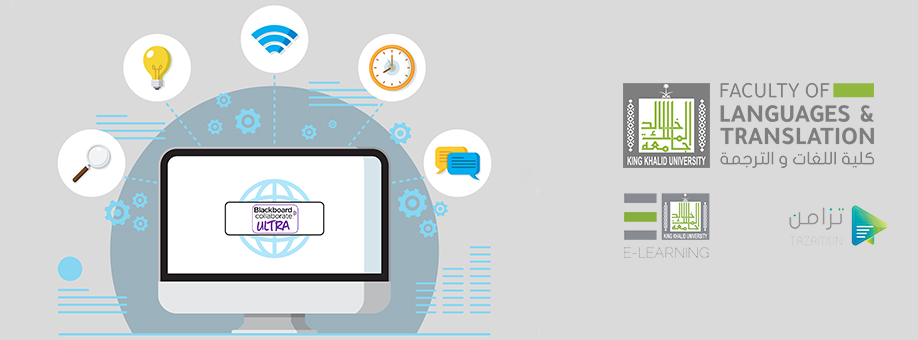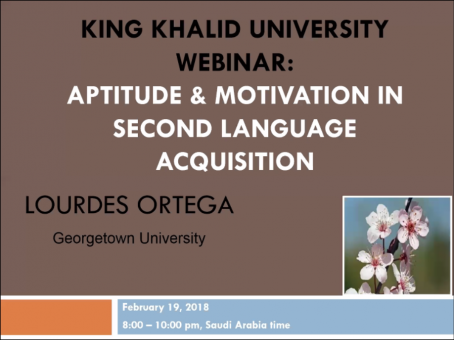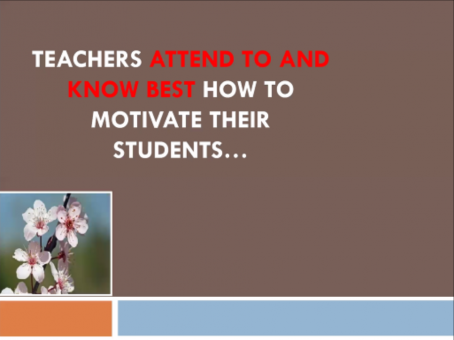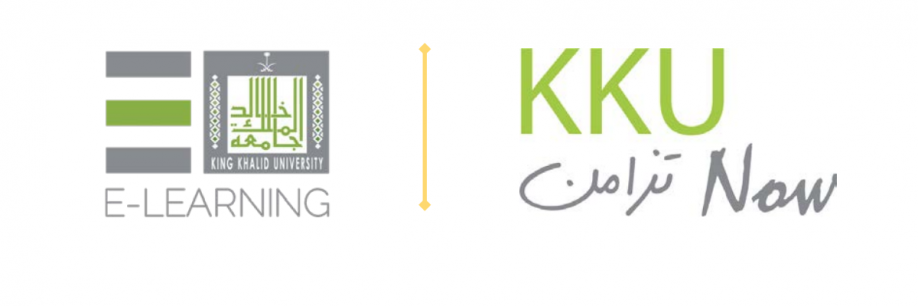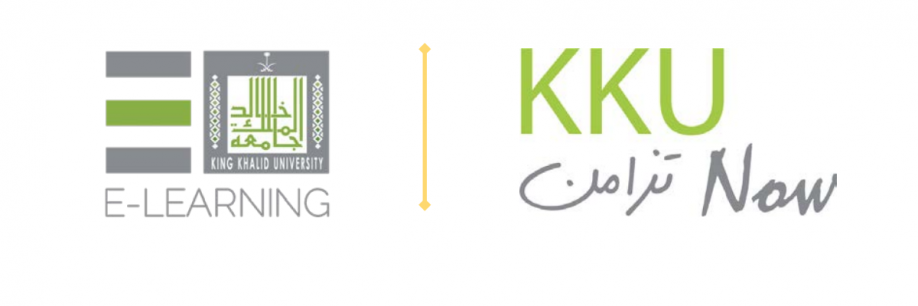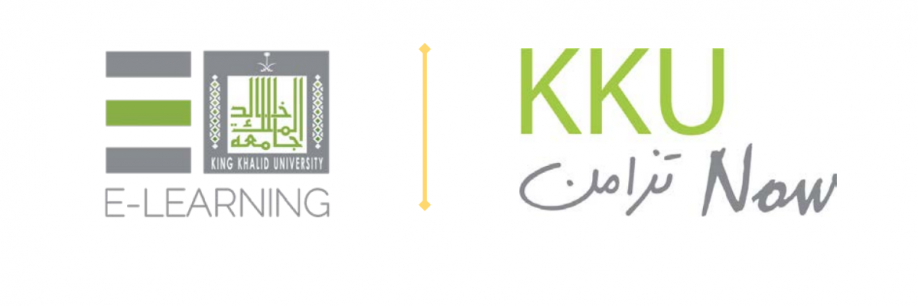New Approaches to Building Online Courses in Blackboard
On February 5, 2020, under the supervision of Vice Dean for Academic Development and Quality, Dr. Abdulrahman Almosa, E-Learning Supervisor, Bachelor of Arts in English program, Mohsin Khan, delivered a university-wide webinar titled 'Using Blackboard to Build Online Courses'. The webinar, organized by the Tamkeen team at the Deanship of E-Learning, aimed to explore the effective use of Blackboard and expose participants to the important tools of Blackboard. Approximately 170 faculty members from the numerous faculties registered for the webinar.
Mr. Khan provided an introduction to and the best practices of:
Blackboard course management tools;
The Fundamentals of building online courses using the QM Rubric;
Creating quizzes, tests and assignments;
Using the discussion board, announcement and start here content areas;
Creating online sessions using Blackboard Collaborate Ultra.
The Faculty of Languages and Translation is dedicated to providing specialized training and services to all faculties. The webinar was an overall success and will continue successively in future webinars as a part of the Tamkeen Team efforts. Special thanks to E-learning Deanship Training Manager, Mohammed Jarallah, for his holistic support.
Date: 2/8/2020
Source: Faculty of Languages and Translation

